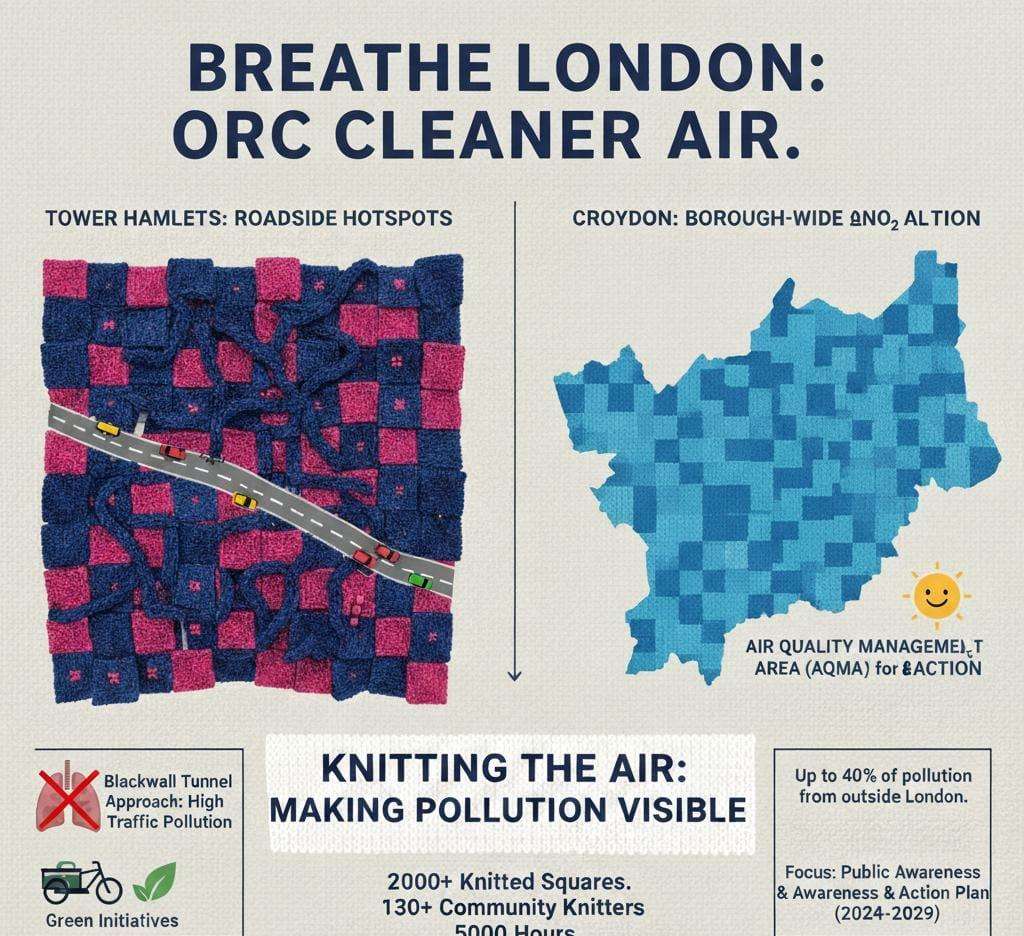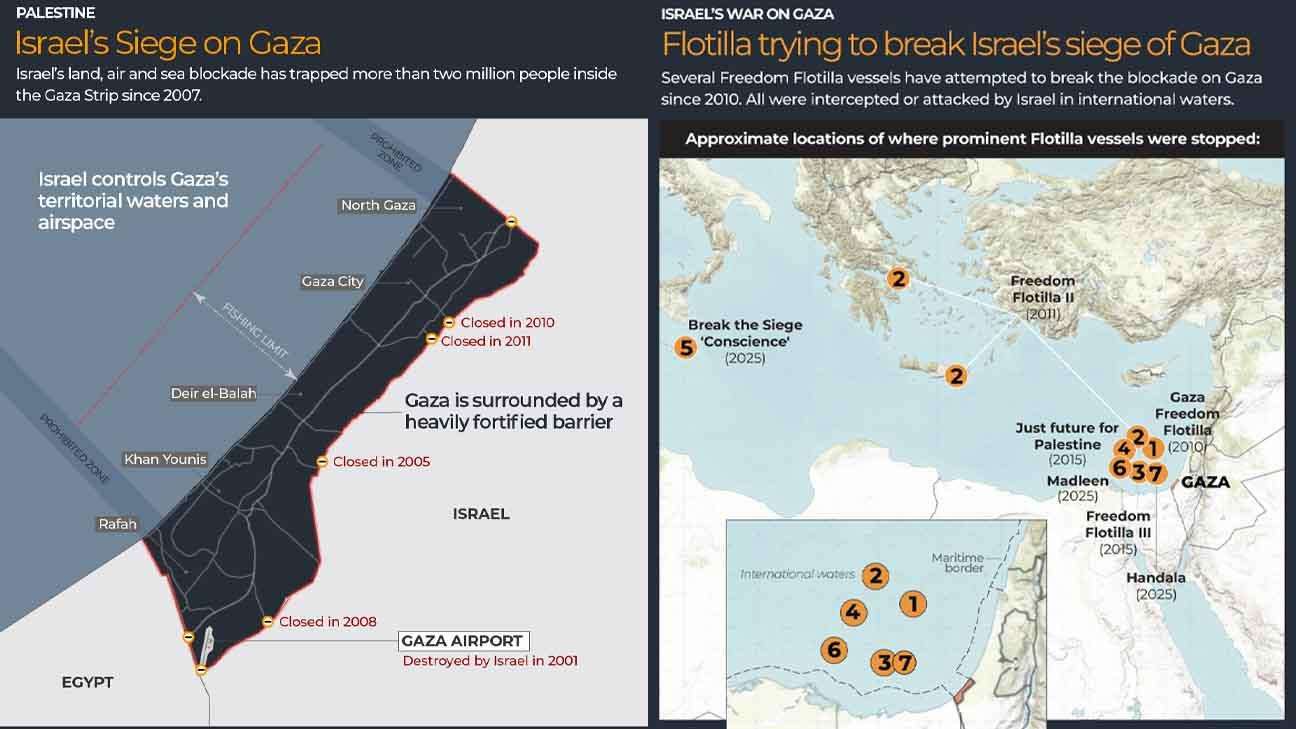In a major push towards the digital transformation of the pilgrimage experience, Saudi Arabia's government has introduced a comprehensive new seasonal licensing system for pilgrim accommodations ahead of Hajj 1447 AH (2026). This initiative is the flagship of an early, coordinated planning effort aimed at drastically improving logistics, compliance, and service quality for the millions of worshippers expected, Daily Dazzling Dawn understands.
New Licensing Framework: A Shift to Seasonal Control-The Ministry of Hajj and Umrah has formally rolled out a Temporary Hostel Licensing Service specifically for properties in Makkah and Madinah that wish to host pilgrims during the Hajj season. Developed through a high-level collaboration involving the Ministry of Tourism and the Ministry of Municipalities and Housing, this framework aims to expand capacity while maintaining stringent quality and safety standards.
Unlike permanent hotel licenses, this system targets properties seeking short-term approval solely for the Hajj period. Existing year-round licensed hotel establishments are exempt. The new process is mandatory for all other accommodation providers, with a strict deadline for finalization.
Key Steps and Deadlines:
Registration: Applicants must first register via the Nusuk Masar platform, the centralized system for pilgrim service coordination.
Application: The license application itself must be submitted through the Ministry of Tourism’s electronic platform.
Deadline: All licensing and contracting procedures, including the transfer of funds for housing services to the Nusuk Masar e-wallet, must be completed by 13th Sha'ban 1447 AH (February 1, 2026). Officials have stressed that this deadline is firm and will not be extended, signaling a new, strict adherence to the official Hajj calendar.
What's New for Hajj 2026 Pilgrims and Service Providers:
The seasonal licensing system is just one part of a broader, digitally-driven overhaul that is setting a new precedent for Hajj operations:
Digital Integration and Efficiency: The core objective is to integrate all approved seasonal properties with the Nusuk Masar digital platform. This allows for centralized, organized booking management, ensuring all pilgrims secure verified, compliant lodging and streamlining the entire reservation process.
Increased Capacity and Quality: The system is explicitly designed to tap into and regulate more housing capacity during the peak season. Simultaneously, the enforced seasonal standards aim to deliver a higher, more reliable service quality, moving Hajj logistics closer to the standards of global hospitality.
Digital Capacity Expansion: Complementing the new seasonal licenses, the Ministry of Tourism has also launched an e-service for year-round licensed operators to apply online for increased bed capacity in Makkah and Madinah. This digital tool further supports the drive to meet the massive surge in demand efficiently.
Technological Leap: Beyond housing, the 2026 Hajj is expected to feature a greater adoption of smart technology. This includes enhanced crowd management tools, fully digital visa application processes, and potential implementation of wearable technology (like GPS-enabled bracelets) for location monitoring and safety.
Multi-Year Contracts: In an effort to stabilize costs and prevent manipulation, some Hajj organizing bodies are moving toward multi-year service contracts with Saudi providers for logistics, accommodation, and catering, a significant policy shift intended to enhance transparency and planning.
Early Planning and Stricter Adherence: The early initiation of registration and contracting, starting as early as October 2025 in some countries, emphasizes the Saudi government's new, non-negotiable timeline. Pilgrim operators worldwide have been sternly advised that extensions for visa processing and payments—common in the past—will not be granted for the 2026 season.
The coordination between the three key Saudi ministries reflects a national commitment, aligned with Vision 2030, to leverage digital tools for operational excellence, ensuring a seamless, safe, and spiritually fulfilling journey for every pilgrim.



_2.jpg)
_3.jpg)



.svg)


